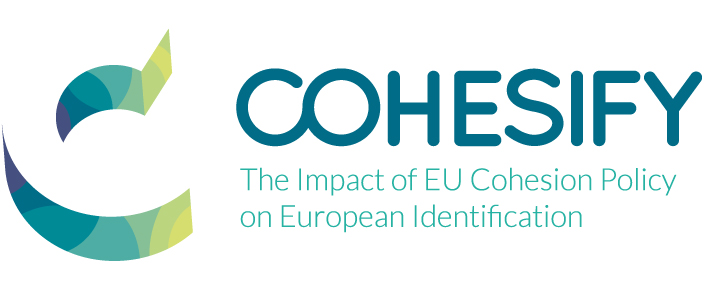
INFORM-INIO network meeting: Making the results of Cohesion policy more visible to citizens
June 7, 2017
The European Pillar of Social Rights: White or Toothless Tiger?
June 22, 2017
One of the key elements of the Europe 2020 Growth and Jobs Strategy is to promote employment through entrepreneurship and self-employment.
Financed through the European Social Fund and implemented at the national level within national Cohesion Policy Operational Programmes, entrepreneurship initiatives seek to invest in boosting skills, raising the profile of an entrepreneurial career among traditionally disadvantaged labour market groups such as women or young people, and directly support small and medium sized enterprises through microfinance projects. These initiatives became particularly important as the 2008 economic crisis took its toll on many European economies, leading to low growth and high levels of unemployment. But how did European entrepreneurs react to the crisis and what mattered in the choice of an entrepreneurial career?
To answer this question, in a recent paper we compare European countries before and after the 2008 economic crisis using both individual and country level data. This allowed us to identify the impact that the crisis had on entrepreneurship through its economy level materialisation as well as to distinguish between changes in behaviour between latent entrepreneurs (individuals who would consider becoming self-employed) and early entrepreneurs (individuals who are currently taking steps or have started a business in the last 3 years).
Three findings are noteworthy. First, the economic crisis had a negative impact on entrepreneurship: both the number of latent entrepreneurs and early entrepreneurs dropped in Europe after 2008. This shows that the crisis not only brought economic stagnation but also undermined one of the most important means to overcome it. Second, access to finance was key to cancel the negative effects of the crisis. In countries that fared better in terms of access to finance, the crisis did not negatively impact early entrepreneurs. In other words, credit availability was the most important mechanism for maintaining the pool of entrepreneurs and allowing creative individuals to put their ideas into practice even during bad times. Third, we show that rising unemployment had a significant effect on European entrepreneurs. While higher unemployment rates were more associated with an increase in the number of early entrepreneurs, this push effect was valid only to those individuals who were not latent entrepreneurs. This means that higher levels of unemployment may have created more entrepreneurs but these individuals are exactly those who do not prefer to be entrepreneurs. This finding has significant policy implications since it shows that public policies seeking to boost entrepreneurship must ensure that future entrepreneurs are committed to the survival of their projects.
The research paper is available here.
Dr. Dragos Adascalitei Center for Policy Studies

